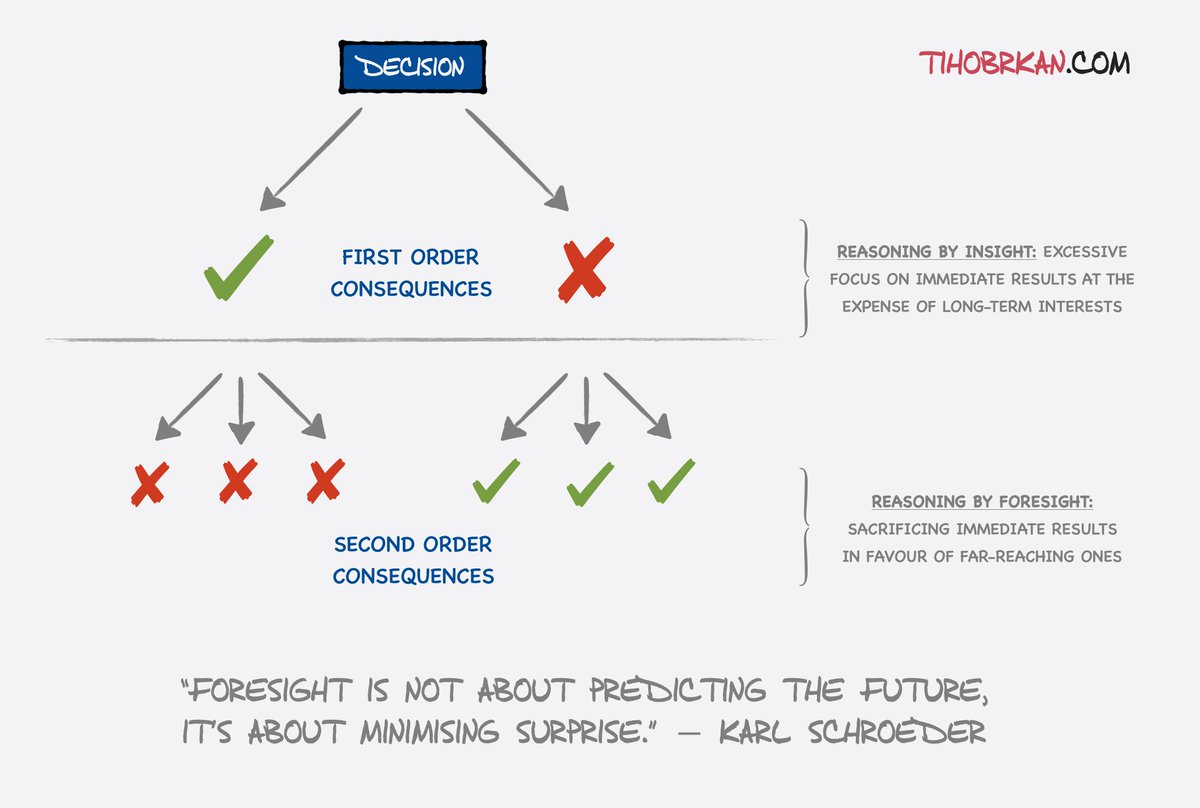
I'm regularly talking to people who've managed to convince themselves they understand the mechanics of the economic machine & think their foresight is golden.
If you can predict it, why aren’t you rich from it?
A very simple heuristic to see who's full of you know what.
If you can predict it, why aren’t you rich from it?
A very simple heuristic to see who's full of you know what.
The smart ones fall victim to the illusion of knowledge bias as they don't respect the boundary of their own competence. Munger's cure:
“We know the edge of our competency better than most. That’s a very worthwhile thing. It’s not a competency if you don’t know the edge of it.”
“We know the edge of our competency better than most. That’s a very worthwhile thing. It’s not a competency if you don’t know the edge of it.”

If you're so sure where inflation, rates or GDP is headed next, why aren't you putting money where your mouth is?
So, another filter is the #skininthegame.
Despite enormous budgets, complex models & 100s of PhDs, not even the Fed, the Gov or the largest banks can figure it out.
So, another filter is the #skininthegame.
Despite enormous budgets, complex models & 100s of PhDs, not even the Fed, the Gov or the largest banks can figure it out.
Firstly, be wary of falling victim to the illusion of knowledge bias yourself.
Secondly, and more importantly, don't allow others to influence your thinking on matters common sense dictates are impossible to do with consistency (authority bias).
Avoid folly and asininity.
Secondly, and more importantly, don't allow others to influence your thinking on matters common sense dictates are impossible to do with consistency (authority bias).
Avoid folly and asininity.

• • •
Missing some Tweet in this thread? You can try to
force a refresh








